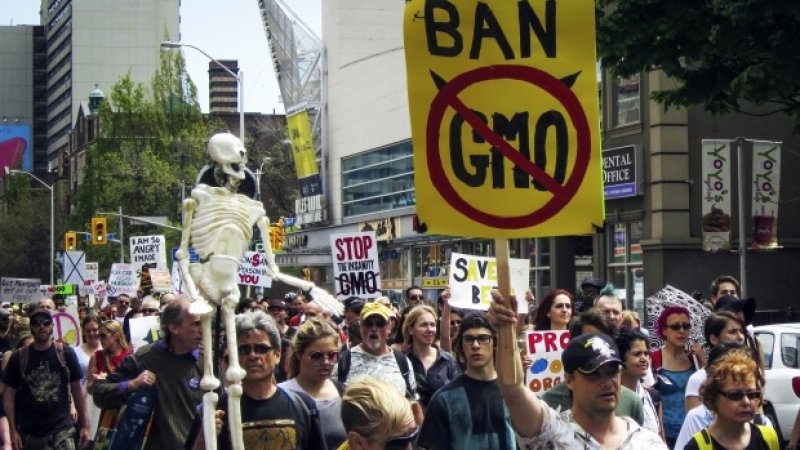On Aug. 20, I gave a speech in Dublin, Ireland, at the International Association for Plant Biotechnology Congress …. where I was able to speak to some of the leading experts in plant biotechnology from around the world.
…
[I] heard from Dr. Even Mullins about problems affecting potatoes on Irish farms that have been affected by blight. This plant disease makes it to where farmers have to spray their fields 15 to 17 times a growing season with fungicide to try to combat this awful disease.But there is a solution! Using ciscenic breeding, scientists have taken a gene from the wild potato and inserted it into the modern potato we all know and love …. It’s …. quite a non-invasive answer to a serious problem. But it’s a “GMO.”
Because of this, the government won’t allow it to be cultivated …. Potato chips and french fries are delicious — wouldn’t it be great to know they were never sprayed with fungicide? FIFTEEN times?!? Scientists and farmers want the technology, and it’s there at the fingertips, but the government won’t allow it.
Read full, original article: Some countries don’t allow the cultivation of GMOs — here’s why this is a big problem































